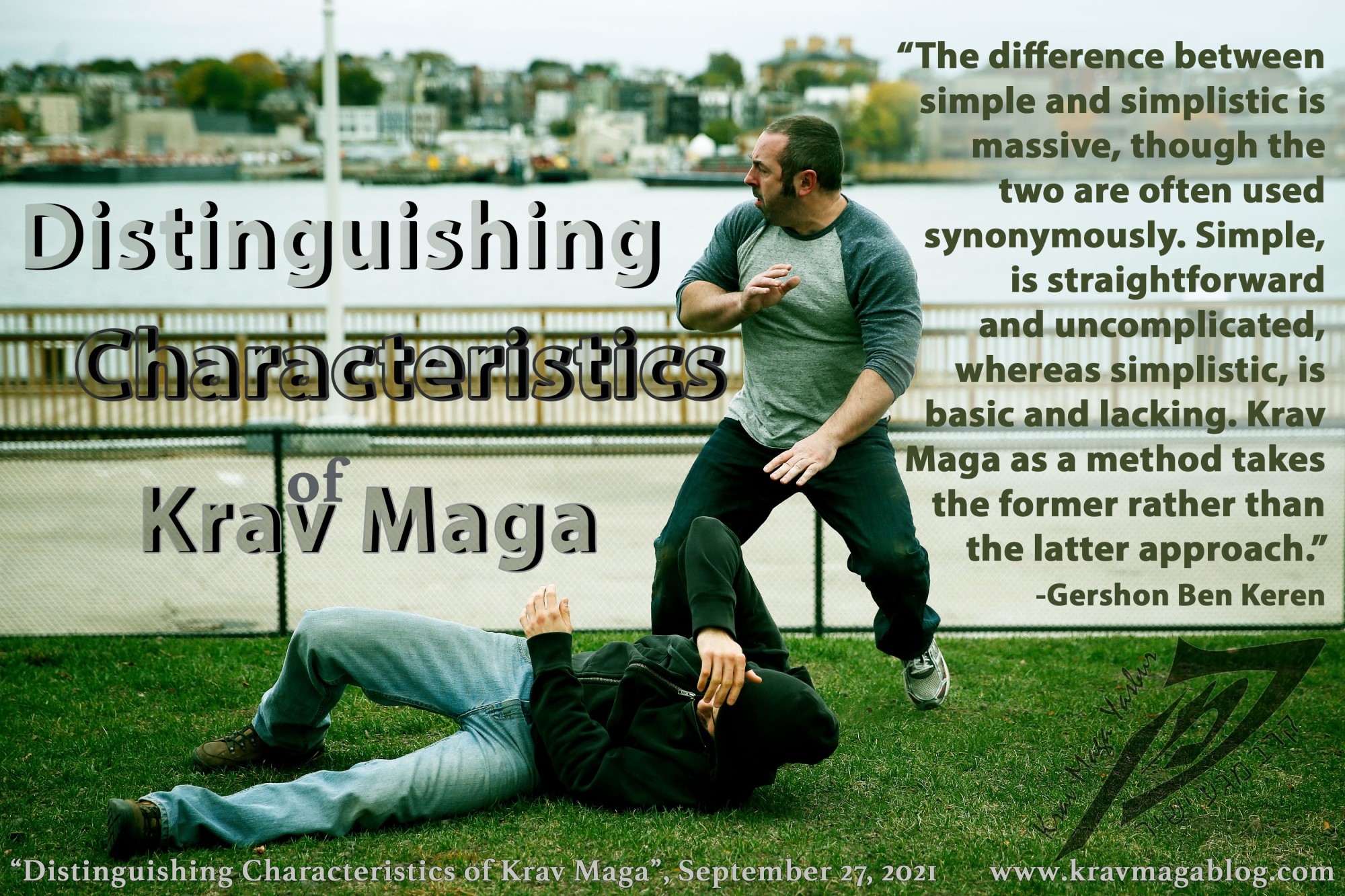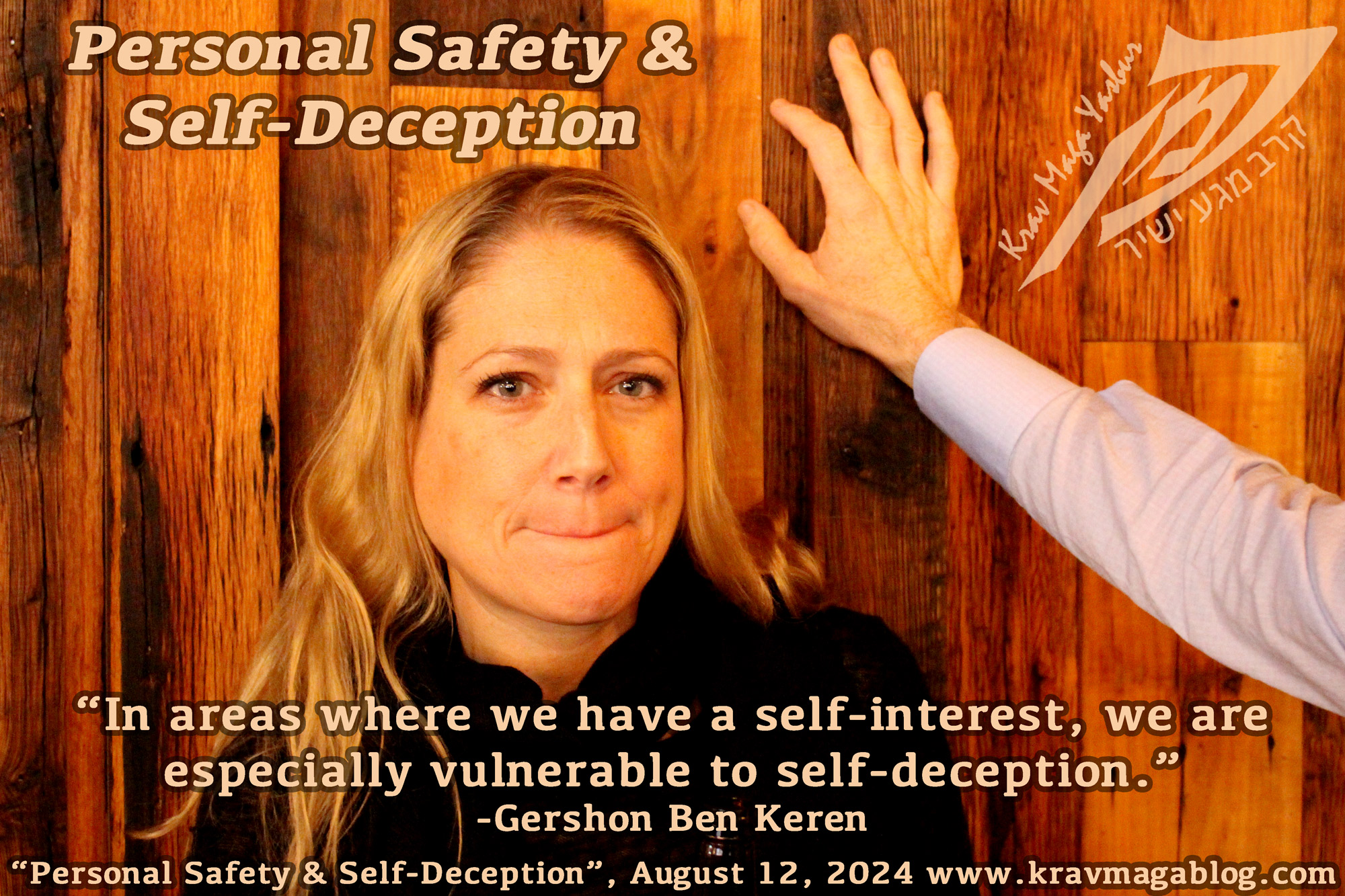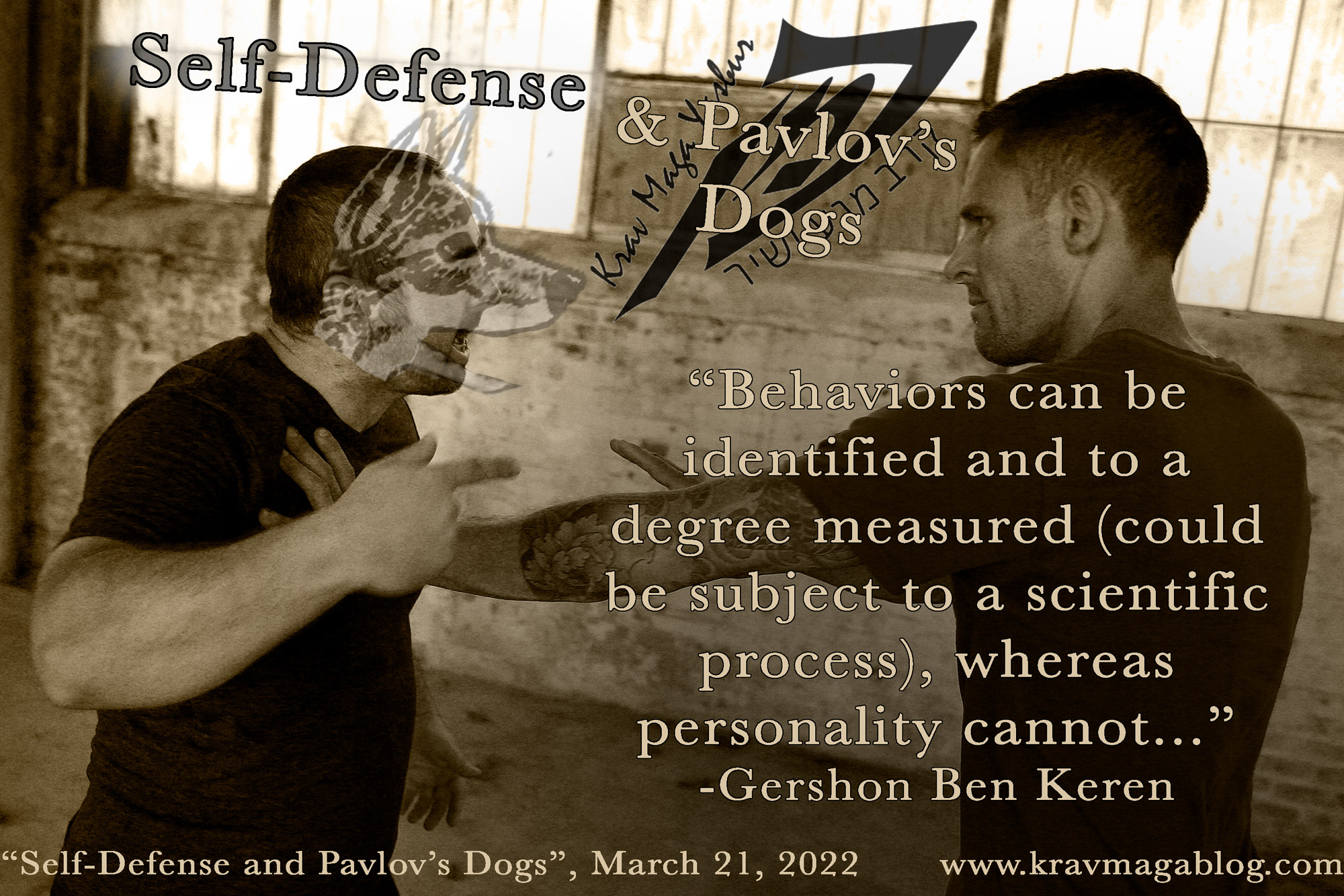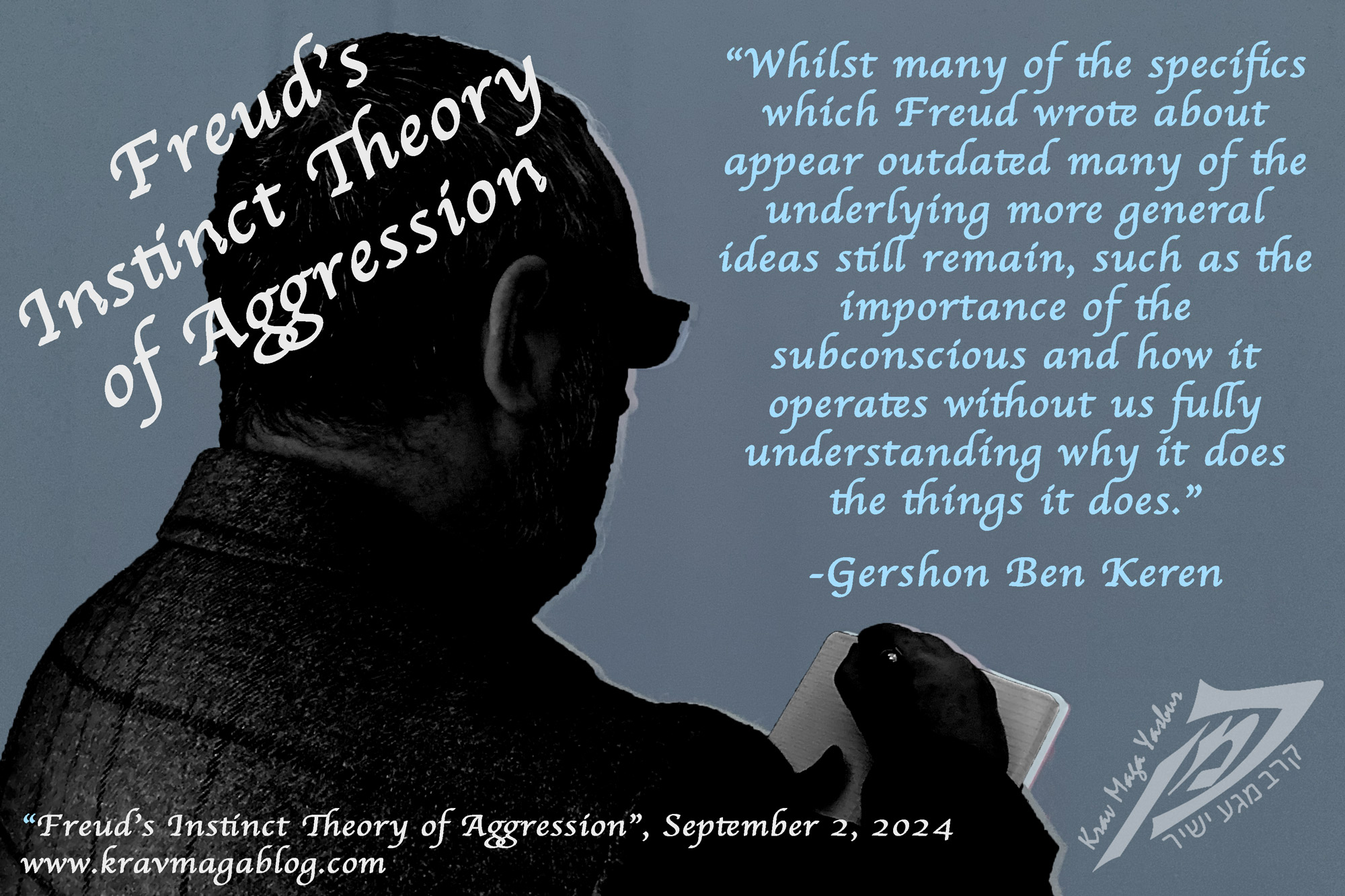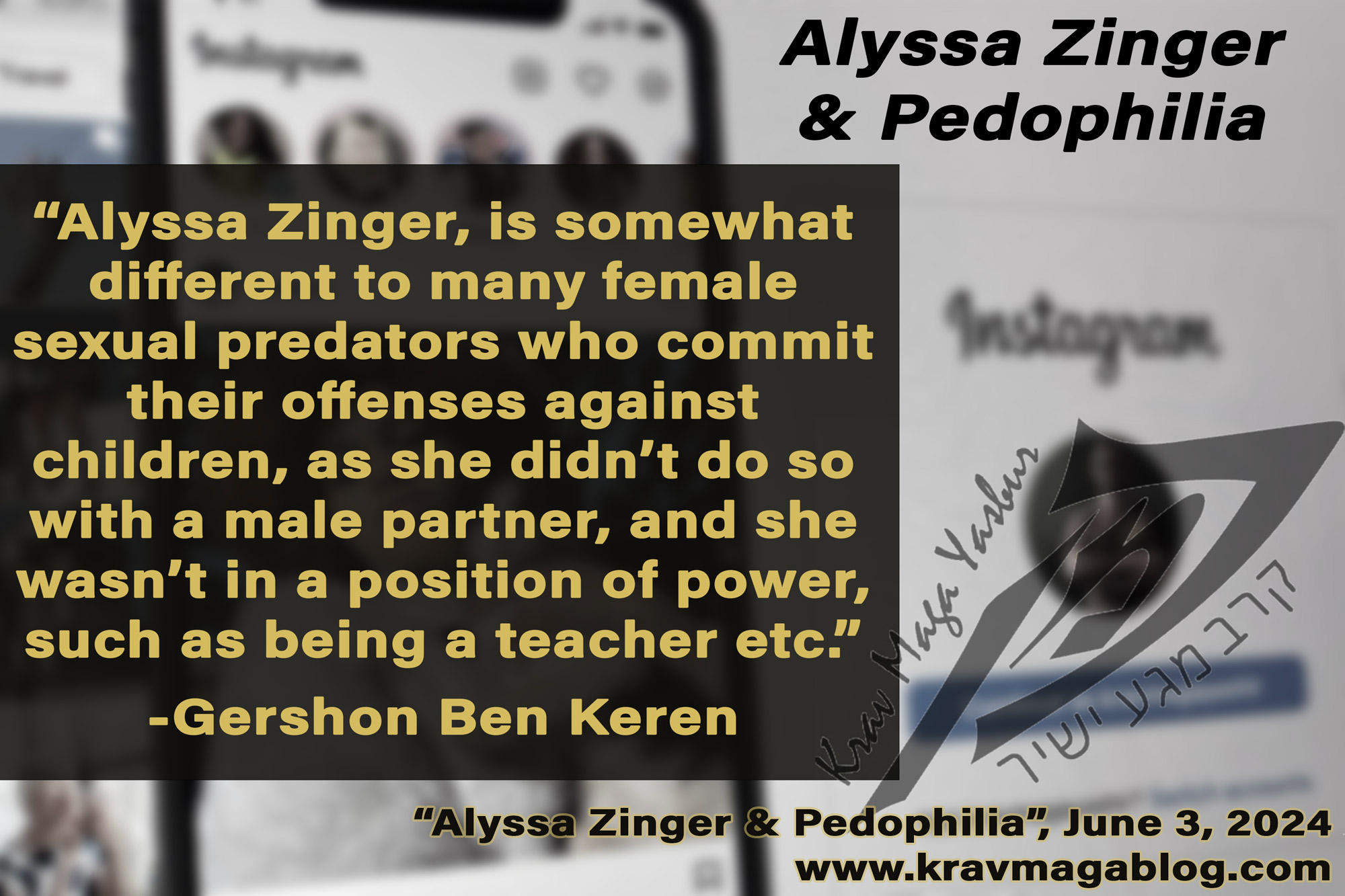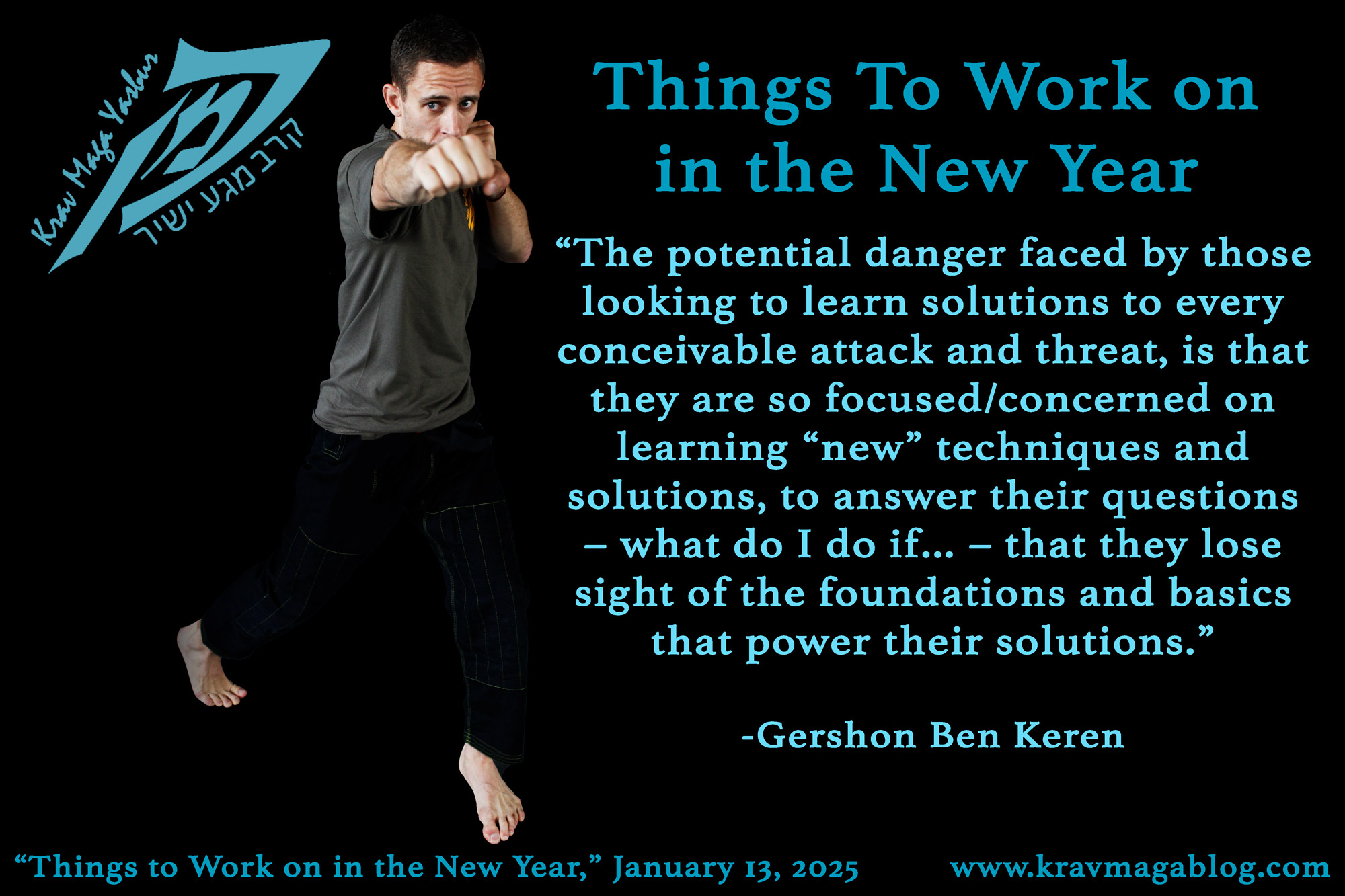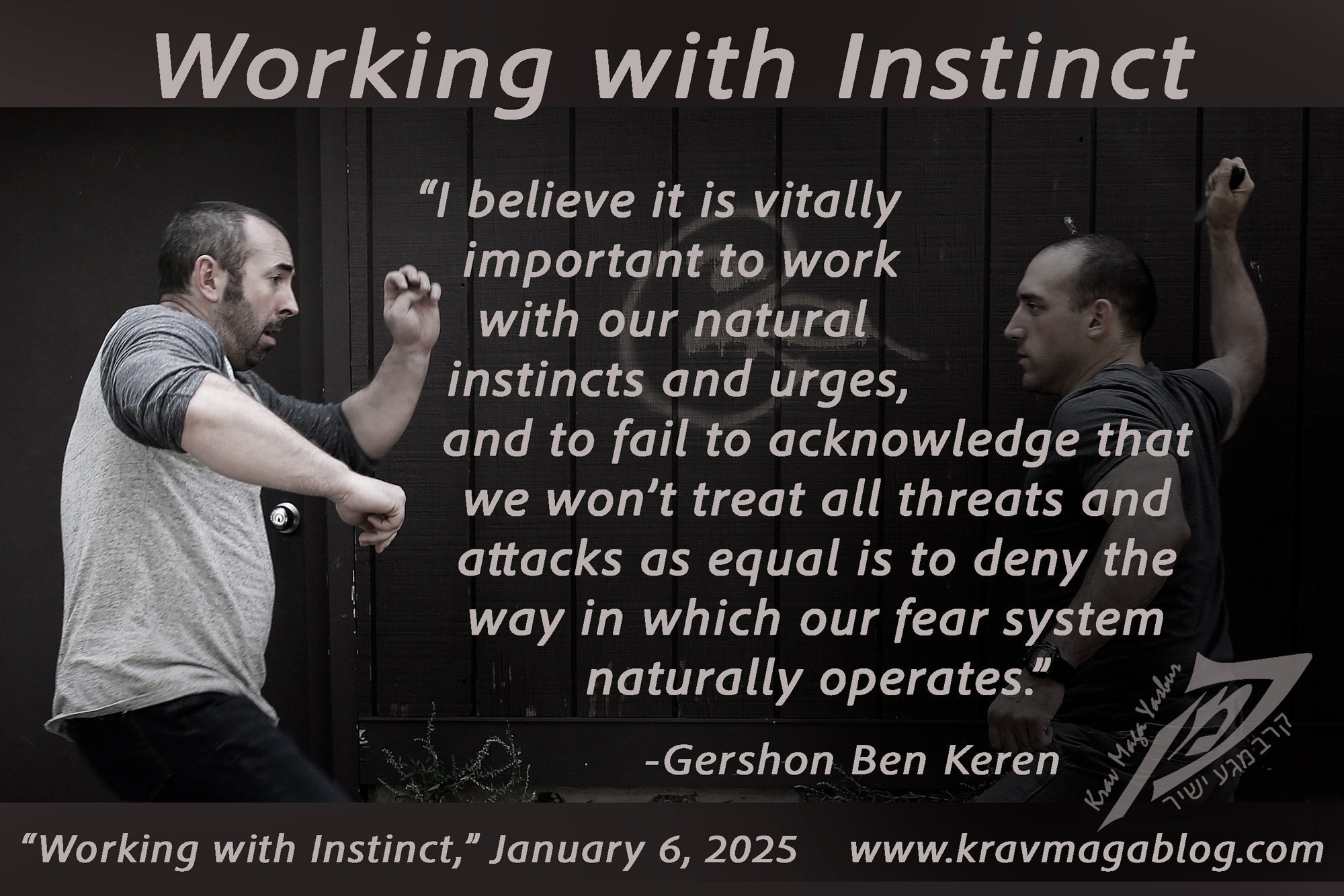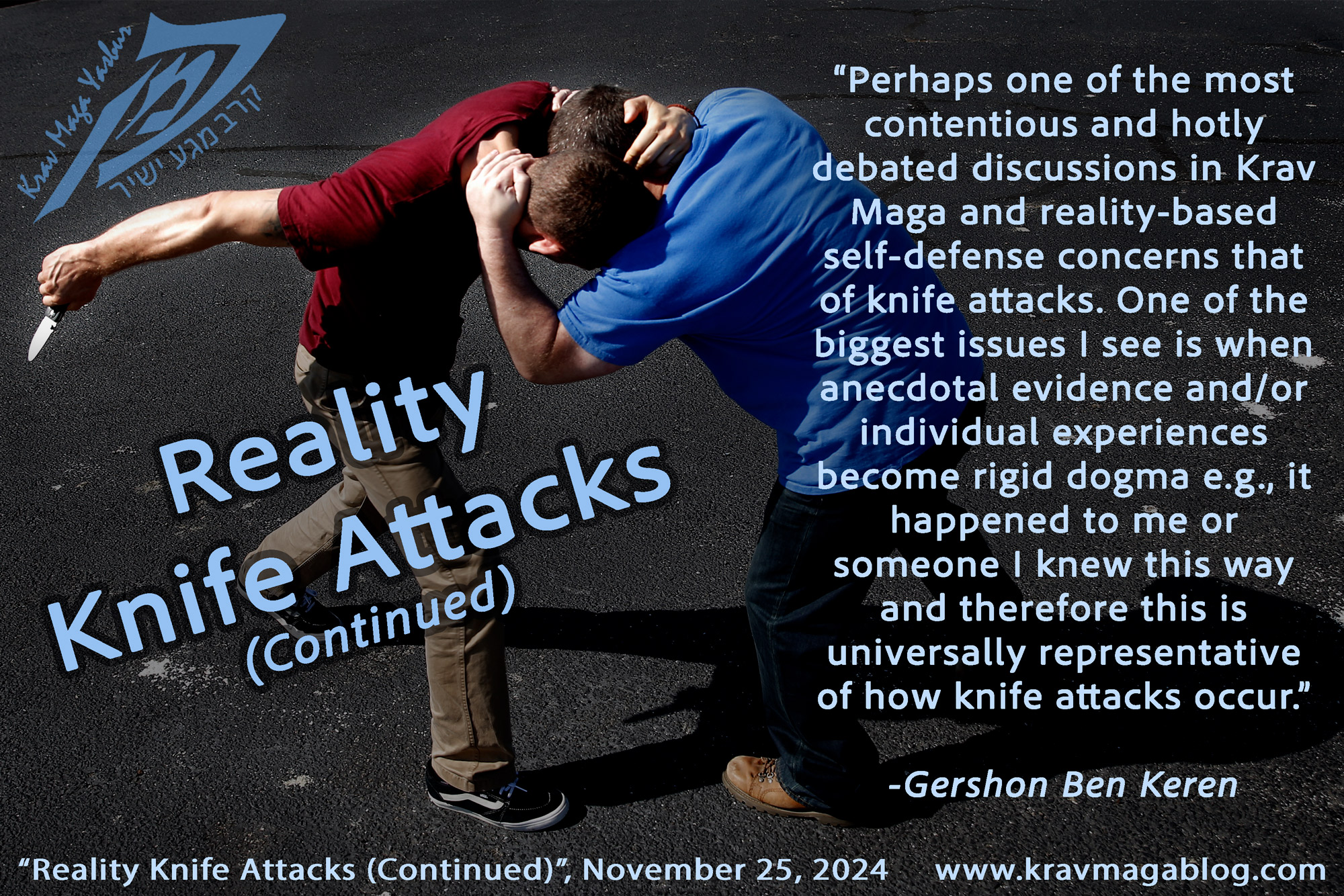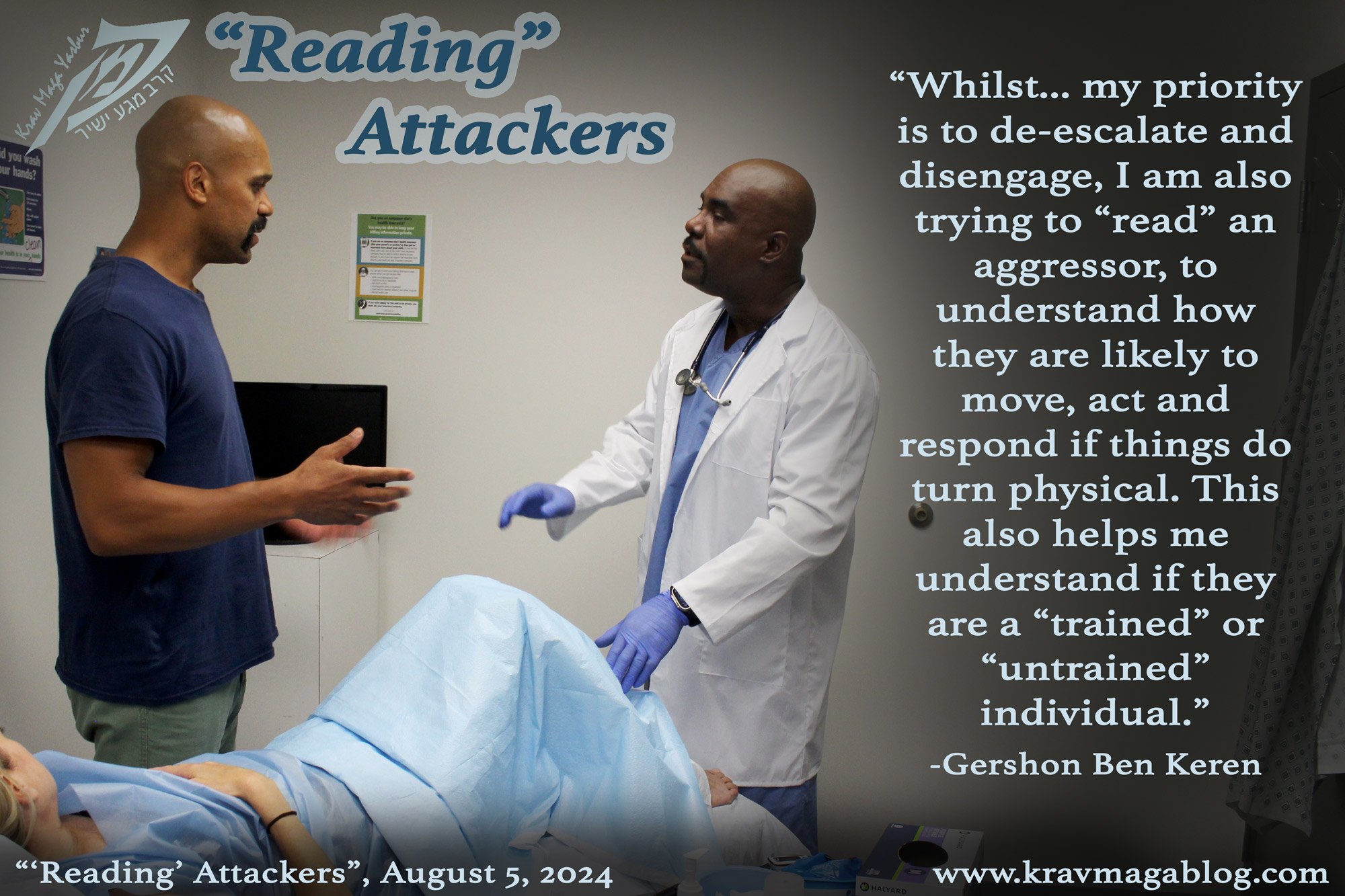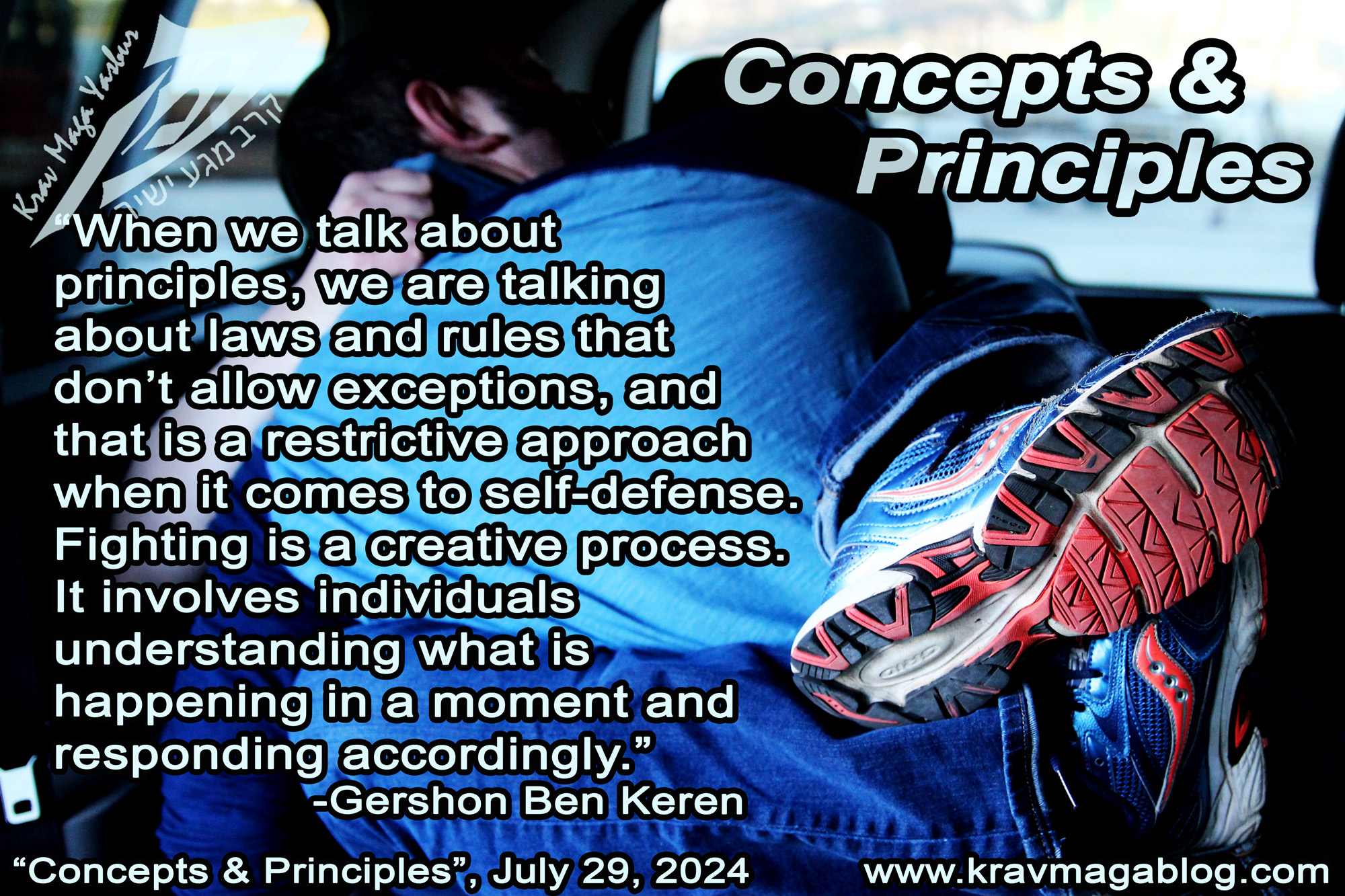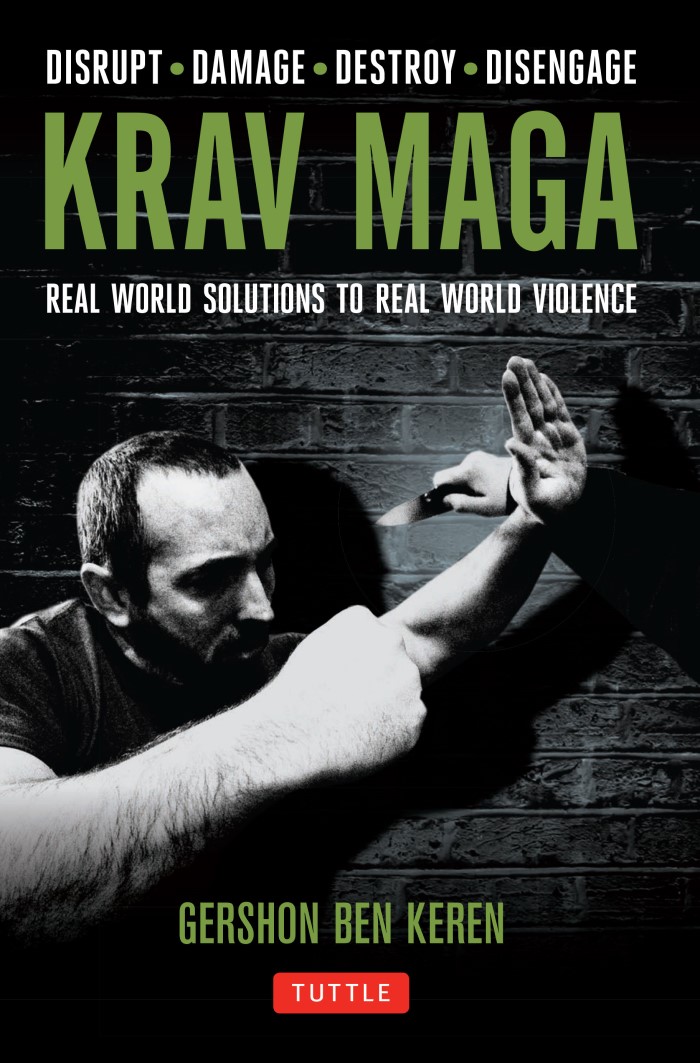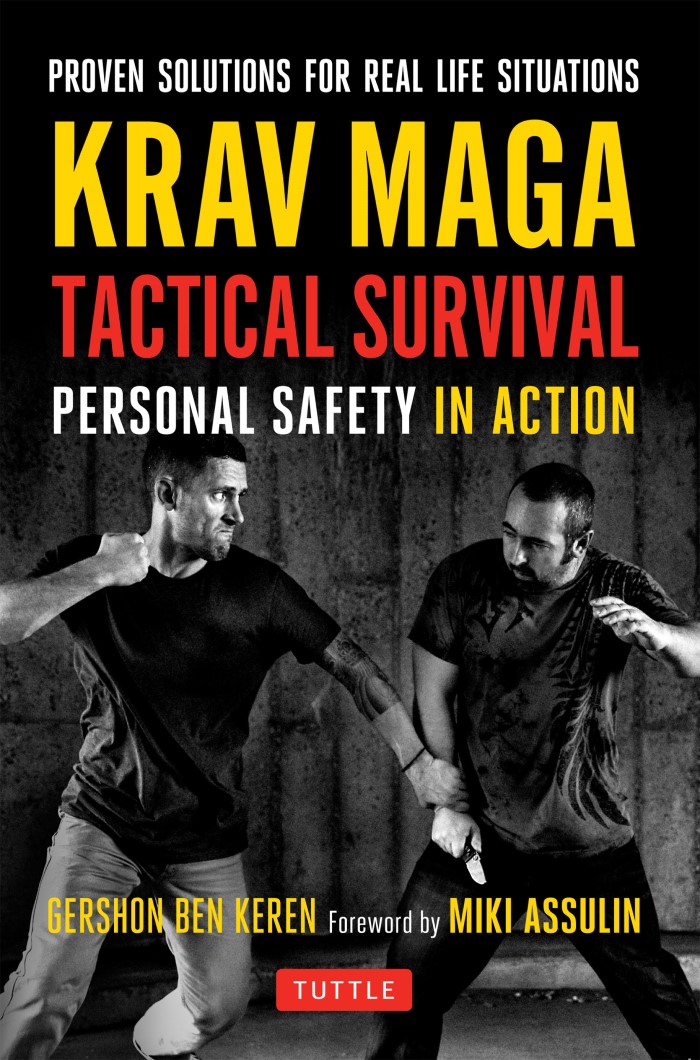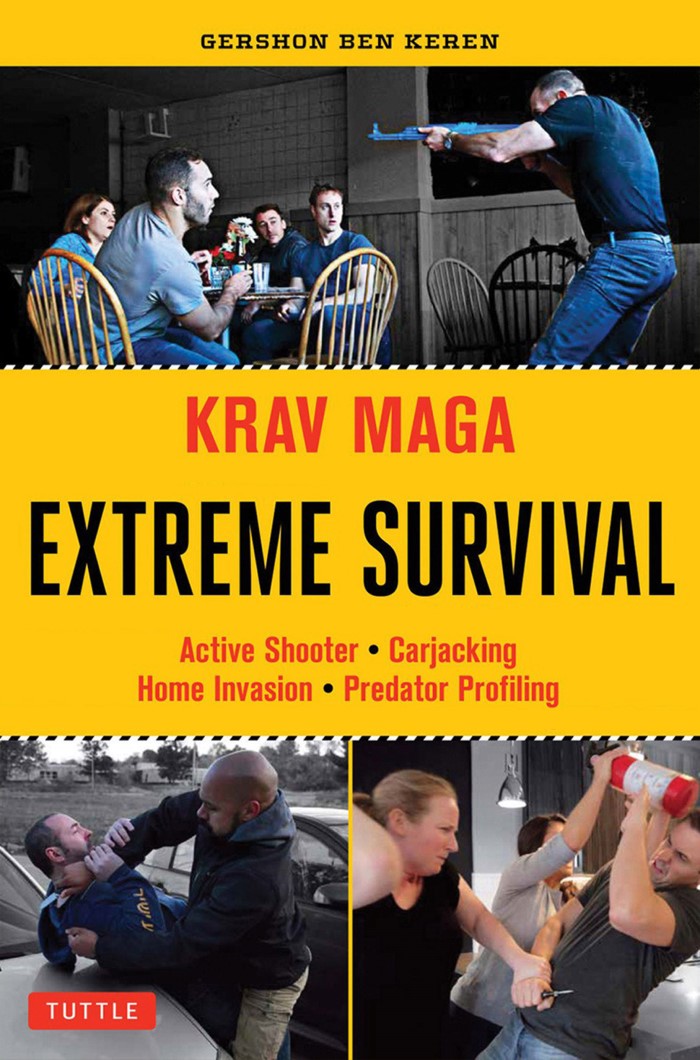Meeting Force With More Force, is an article written by Gershon Ben Keren, a 5th Degree Black Belt in Krav Maga, who teaches Krav Maga in Boston, MA. He has also authored three Amazon best-Selling Books on Krav Maga.
A central tenet of the Krav Maga Yashir system, is meeting an aggressor’s forceful/harmful intent with a greater degree of your own. This often flies in the face of many martial arts that teach a more Zen/Peaceful approach to self-defense; that the martial artist should be somehow held to a higher standard of conduct than their assailant. Krav Maga is an Israel system, and in the Hebrew Bible, there is the line, ”Im ba l'hargekha, hashkem l'hargo”, which translated means, “when someone comes to kill you rise up and kill him first.” Encapsulated in this line, is the basis of the attitude and intent you should have (and need) when dealing with aggressors.
The street and other real-life locations, where violence occurs, differ from the mats, the ring and the cage. In these sport settings, the intent of your opponent is known i.e. they are looking to win according to the rules of the competition e.g. by points, a referees decision, a knockout, a submission etc. In reality when somebody starts screaming and shouting in your face, you’re largely unaware of their intent. You may be aware of the reasons and causes for the situation arising in the first place but you are largely unaware of the end-game that your aggressor may have in mind – your assailant may lack a defined end-game or outcome simply knowing they want to punish you, dominate and humiliate you for your actions and/or behavior.
Underestimating your aggressor’s level of harmful intent is a dangerous game to play. I remember the first time I was hit as a kid. I thought the whole thing leading up to it was a joke and that everyone was on the same page; everyone else was, just not me. It took me a while to learn and realize that not everyone else shared the same view and perspective of a situation that I did – when you are bullied as a kid, you are desperate for friends and willing to believe that any signal of acceptance is real. In the adult world, you may think that spilling somebody’s drink is a minor inconvenience and something that can be easily rectified and discussed in a reasonable manner, the person whose drink you have spilled may have an entirely different view of the situation and be far from reasonable about it. If you start viewing such situations from the perspective of the way you would interact with yourself if you were the aggressor/assailant in a situation you are liable to underestimate the intent(s) and goal(s) of the people you are dealing with.
Whoever you face, whatever the situation, you must assume that your life is at risk; that the person you are dealing with – regardless of your relationship with them (stranger, friend, family member etc) – is capable of finishing your life whether deliberately or inadvertently. Violence however trivial it may seem always has some risks associated with it. You must always assume that the fight you are in could be your last and that you must act accordingly. You must always assume, and never second guess, that the person you are dealing with wants to end your life. If somebody comes to kill you, you must kill them first.
Where knife is concerned you should always assume that the person with the knife has come to kill you; unless they tell you or indicate otherwise e.g. in a threat situation you may be given options/alternatives, such as, the mugger tells you you’ll not get cut if you hand over your wallet etc, if they ask you to move to another location, they’ve definitely come to kill you. If a person with a knife indicates that they are going to use it, you must be prepared to use it against them to the same degree of lethal intent that they are demonstrating towards you. You may like to think of yourself as the righteous warrior however let me put you in a squash/racket ball court with someone armed with a knife and you’ll soon change your mind. You’ll fight to survive. If you get the chance to “disarm” someone of a knife, in situations where disengagement isn’t an option you will want to use it. Having the intent to use it is far more important than the ability.
0 COMMENTS